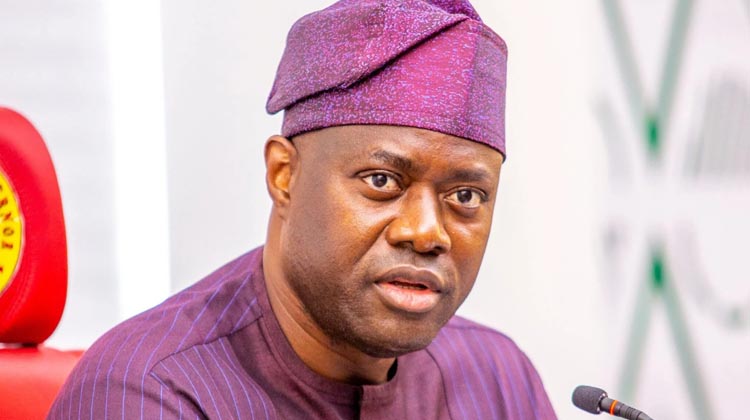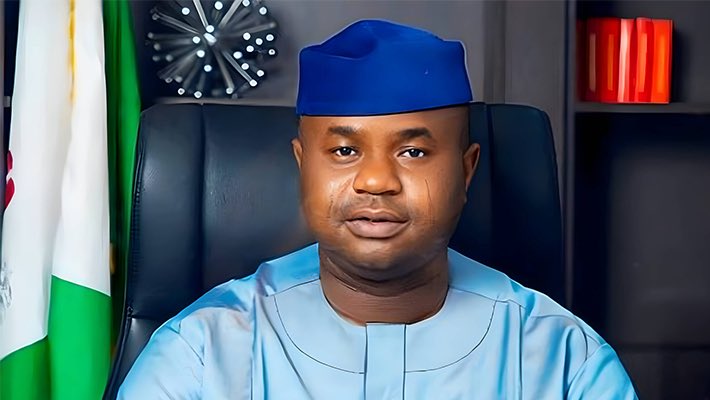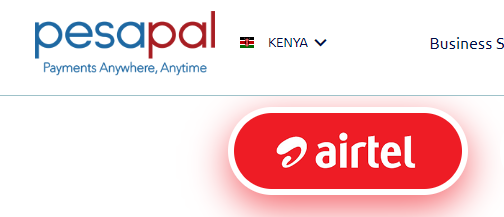Place your adverts here on InfoDig @ low rates; banner ads, sponsored links and guest articles etc. Contact us
The cost of landing petrol has dropped from N981 per litre on September 25, 2024, to N945.63 per litre as of September 27, reflecting a notable drop.
Brent crude, the international benchmark for oil prices, fell from $73.67 per barrel, as noted in the previous Major Energy Marketers Association of Nigeria (MEMAN) report, to $72.45 per barrel in the most recent update.
This decline in crude oil prices has likely played a role in the reduction of petrol’s landing costs.
Also, average ex-depot prices for Premium Motor Spirit (PMS) saw slight decreases in key locations such as Lagos, Calabar, and Port Harcourt, as per MEMAN’s data released on Monday.
Read also: Marketers face pricing hurdles over direct Dangote petrol purchase
The drop in petrol’s landing cost is partly attributed to the naira’s recent appreciation against the US dollar. MEMAN’s report indicated that the exchange rate was N1,586.26 per dollar on September 27, compared to N1,667.22 on September 25.
The major marketers also revealed that the landing cost of diesel decreased from N1,089 per litre to N1,068.04 per litre, while aviation fuel prices dropped from N1,117.34 per litre to N1,079.79 per litre.
Back in July, with the black-market exchange rate hovering around N1,500 per dollar, petrol landing costs—including international prices, shipping, insurance, and other associated fees—rose to N978 per litre, up from N720 per litre in October 2023.
Read also: Petrol prices to drop as IPMAN seeks direct supply from Dangote Refinery
A senior official in the downstream sector told BusinessDay that the surge in landing costs is largely due to the ongoing foreign exchange crisis.
“The increasing landing cost of petrol is primarily driven by the FX challenges. Market interventions through subsidies are necessary, as many Nigerians cannot afford the full market price of petrol,” the executive noted.

 2 hours ago
27
2 hours ago
27














 English (US) ·
English (US) ·